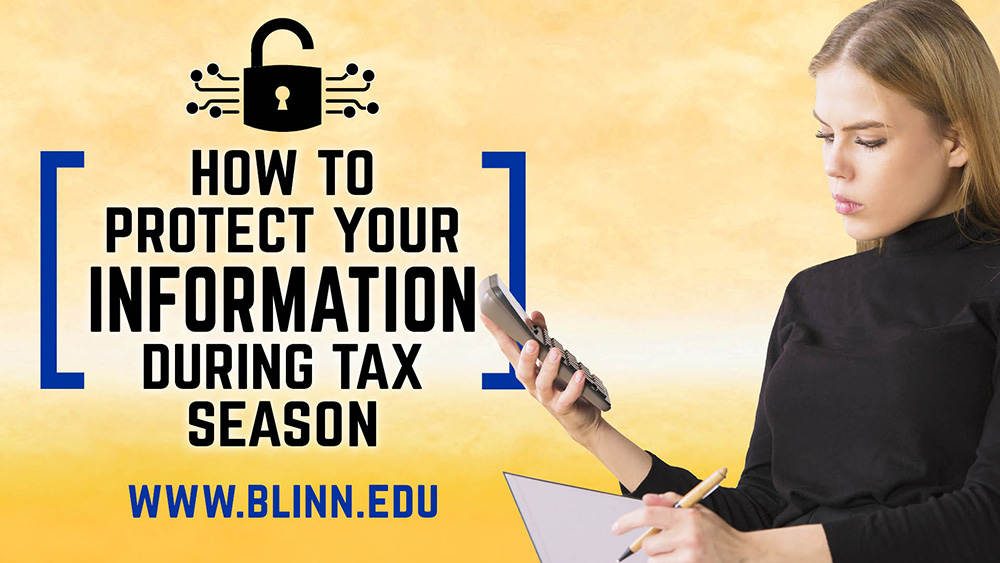Cyber criminals use the same tried-and-true methods for tax scams as they do with other targeted attacks.
Phishing: This tactic involves using email or malicious websites to infect your device or trick you into disclosing your information. Phishing emails may appear to come from real financial institutions, e-commerce sites, charitable organizations, or even government agencies such as the IRS.
What to do if you receive a phishing email in your Blinn email: Highlight the email in your inbox and click “Report Message” in the top right portion of the Outlook menu (ribbon bar) and from the drop-down, choose Phishing Choose “Report.” This will send the message directly to Microsoft for their analysis.
Phone Calls: This tactic involves making phone calls or leaving voicemails of an urgent or threatening nature. In the case of tax scams, the calls may advise you of a refund you are owed or demand that you settle an outstanding payment for back taxes. Caller ID spoofing may be used, making it appear like the person calling is from the IRS.
Scammers using these tactics generally attempt to create a sense of urgency or have a good story that would tend to compel you to disclose personal information such as such as your date of birth, social security number, driver’s license number, or even usernames and passwords to your accounts. Watch out for these common scams:
Refund Calculation Scam: “The IRS recalculated your refund. Congratulations, we found an error in the original calculation of your tax return and owe you additional money. Please verify your account information so we can make a deposit.”
Stimulus Payment Scam: “Our records show that you have not claimed your COVID-19 stimulus payment. Please provide us with your information so we can send it to you.”
Verification Scam: “We need to verify your W-2 and other personal information. Please take pictures of your driver’s license, documents, and forms and send them to us.”
Gift Card Scam: “You owe us back taxes and may be charged with a federal crime. You must pay a penalty to avoid being prosecuted. Purchase these gift cards and send them to us and we will wipe your record clean.”
Fake Charity Scam: Scammers pose as a legitimate charity, often with a similar name as a real charity, to trick you into donating money to their own cause–filling their pockets.
Fake Tax Preparers: Watch out for tax preparers that refuse to sign the returns they prepare. If they gain access to your information, they may file fraudulent tax returns redirecting your refund or attempt to access your bank accounts.
Warning Signs
Hopefully you have avoided the common tax scams, but the cyber criminals may have other methods of obtaining your information, such as data breaches of companies you do business with. Watch out for these warning signs that you may already be a victim:
- You attempt to file a tax return, either online or by mail, but are informed by the IRS or your state that they have already received one.
- You are informed by the IRS that an account has been registered in your name at IRS.gov even though you have never created one.
- You receive a transcript from the IRS that you did not request.
